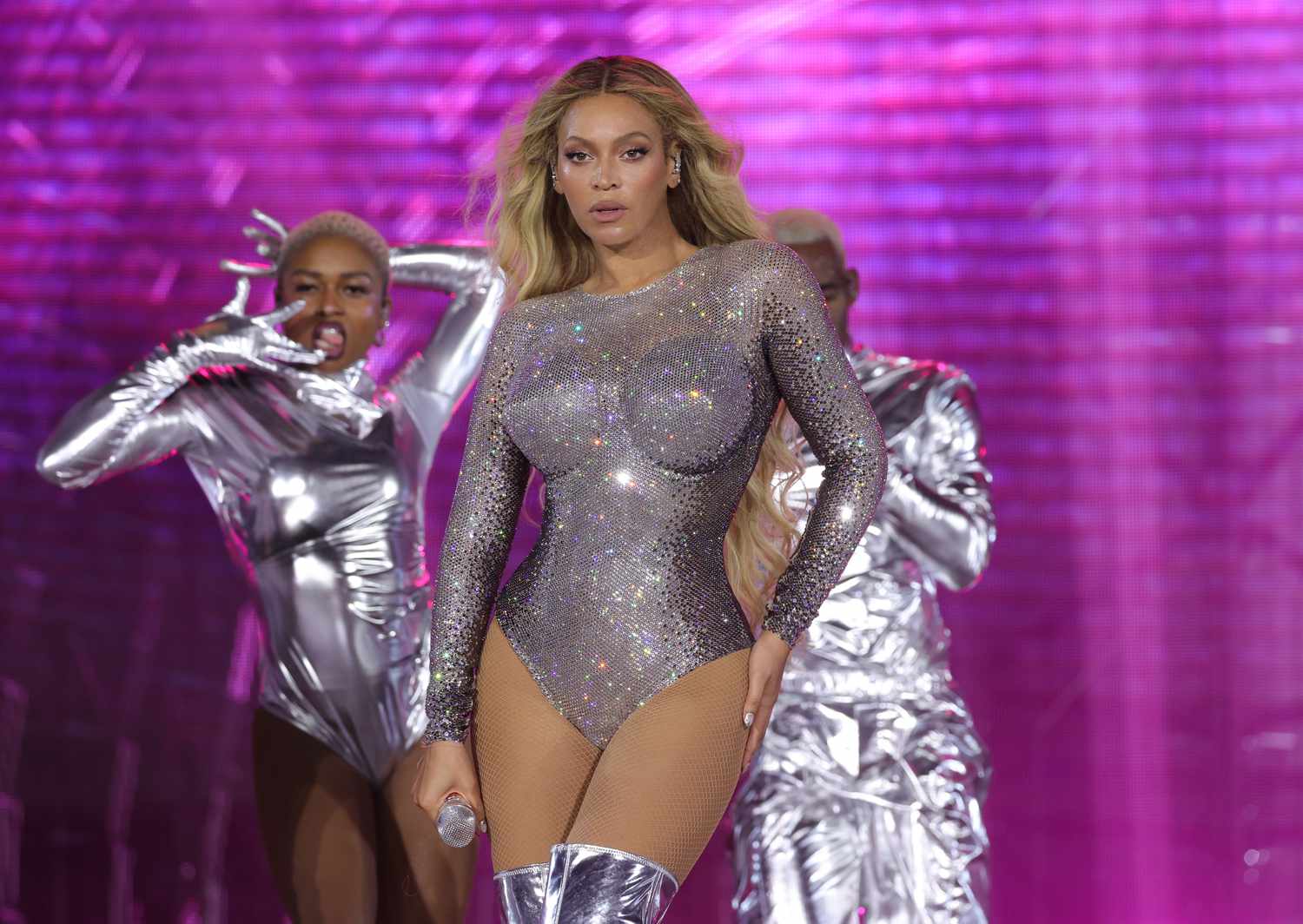In the lead-up to the release of “Cowboy Carter,” Beyoncé’s anticipated venture into country music, the 42-year-old songstress, as exemplified by her leading single “Texas Hold ’Em,” became the first Black woman to claim the top spot on Billboard’s Hot Country Songs chart. This marked a bold move, driven by a potent mix of determination and defiance.
In an Instagram post, Beyoncé revealed that the genesis of this project stemmed from a past experience where she felt unwelcome in the country music scene, particularly recalling the backlash against “Daddy Lessons,” a country-infused track from her 2016 album “Lemonade.” The refusal of country radio to embrace the song, along with the controversies surrounding her performance at the 2016 CMAs, highlighted ongoing racial tensions within the genre. Beyoncé’s return to country music with “Cowboy Carter” feels timely against this backdrop, echoing her previous genre-defying “Renaissance” album.

Despite its sprawling 27 tracks and 79-minute runtime, Beyoncé clarifies that “Cowboy Carter” is unmistakably a Beyoncé album first and foremost. The tracks traverse various musical territories, from country-disco fusion to intimate ballads, showcasing Beyoncé’s versatility and refusal to be confined by genre boundaries. Noteworthy covers of classics like The Beatles’ “Blackbird” and Dolly Parton’s “Jolene” add depth to the album’s narrative, with Beyoncé infusing her renditions with personal resonance and energy.
The album also ventures into uncharted territories, with tracks like “Daughter” exploring murder ballad territory while others like “Spaghettii” and “Ya Ya” blend hip-hop influences with nostalgic nods to bygone eras. This experimental spirit reflects Beyoncé’s playful defiance of genre conventions and her embrace of diverse musical influences.
Interludes like “The Linda Martell Show” pay homage to trailblazers like Linda Martell, the first Black woman to perform at the Grand Ole Opry, underscoring Beyoncé’s commitment to honoring her musical predecessors and challenging industry norms. Similarly, the inclusion of Willie Nelson on “Smoke Hour * Willie Nelson” serves as a nod to his progressive stance within the traditionally conservative country music scene, aligning with Beyoncé’s broader message of inclusivity and change.
While some critics may dismiss Beyoncé’s venture into country music as mere “cosplay,” “Cowboy Carter” is a testament to her dedication to personal and political expression through genre experimentation. Unlike other pop stars, Beyoncé’s music feels deeply personal, reflecting her journey and convictions. “Cowboy Carter” stands as a bold statement of reclaiming country music on her terms, resonating with those who have been marginalized by narrow-minded gatekeepers. In essence, it embodies the spirit of “outlaw country” in its truest form.
















